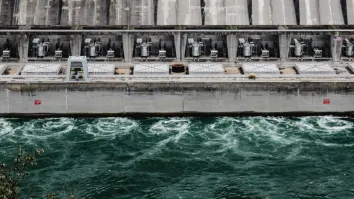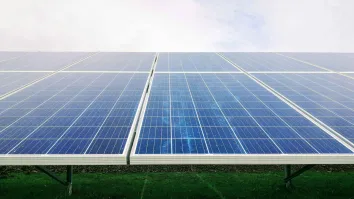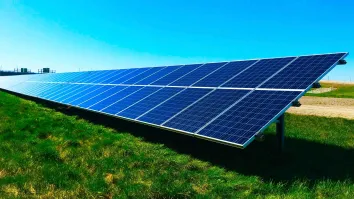
What propels energy transition in the Philippines?
The nation will need an overhaul of its workforce to meet its growing energy demand.
The power sector in the Philippines has remained strong to meet growing energy demands and sustainability goals, but a steady workforce is increasingly scarce to guarantee energy security, affordability and sustainability in the Philippine market.
According to a report by Aboitiz Power Corporation (AboitizPower), the Department of Labor and Employment (DOLE) found that over one million skilled workers in engineering, architecture and construction are inadequate to support the local energy infrastructure. Positions like “power plant maintenance engineer” and “maintenance/power plant engineers” are difficult to fill due to a lack of qualified workers.
MaLu Inofre, Chief People Officer of AboitizPower, suggested that the labour shortage is due to the lack of skill set or knowledge required to seamlessly transition from traditional energy protocols to renewable energy.
ALSO READ: Vena Energy, Vivant Energy, Aboitiz form JV for 206 MW Philippines wind project
“There has to be a workforce now and in the future that will keep our energy system functioning and serve the needs of our country. However, among our most difficult challenges is building a skilled talent pipeline that can effectively adjust and work with the fast-paced transformation within the industry's energy mix, digital systems, and regulations,” Inofre weighed in.
With the crucial requirements of the energy transition, upskilling the workforce is seen as the common solution to alleviate the Philippine energy sector.
“Knowing this, upskilling will be key to facilitating a just transition for those who will be affected by the transition to a greener economy, as well as the new generation of workers. It is imperative that we successfully cultivate both thermal and renewable energy, so that we can ensure reliable and affordable energy supply for the country,” Inofre added

















 Advertise
Advertise






